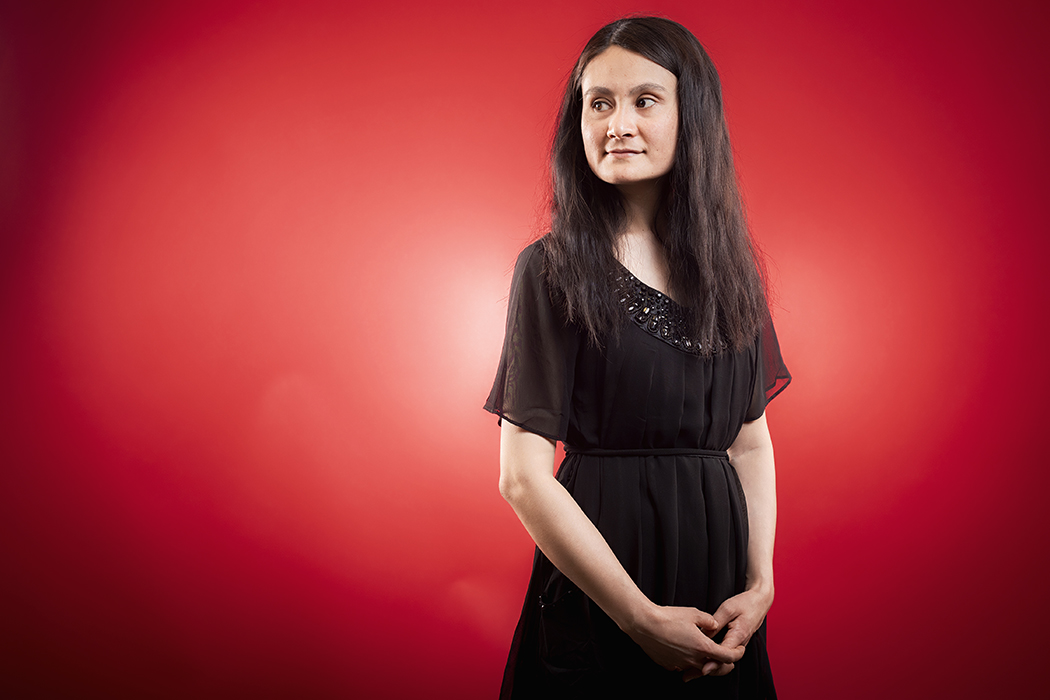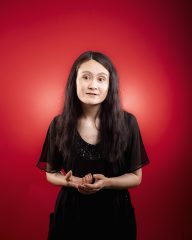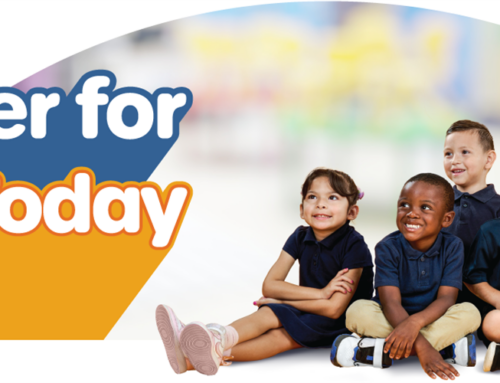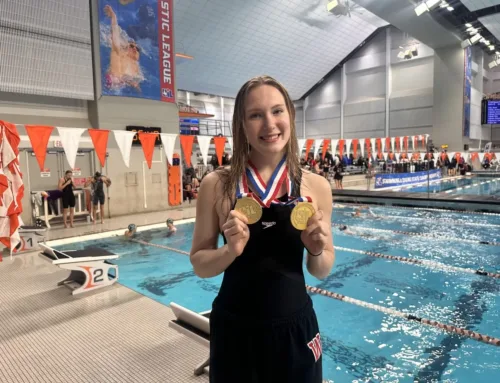
Photography by Danny Fulgencio.
Frishta Nasari was only 10 years old when she saw a bombed car with blood on the windshield while driving through her hometown of Ghazni, Afghanistan. Three years later, her family fled to Sri Lanka where they lived as refugees until the United Nations helped them resettle to Dallas in 2016. With help from the East Dallas nonprofit, International Rescue Committee in Dallas, Nasari succeeded in her new home. The 19-year-old helps support her seven-member family by working part time at the Fiesta grocery store while excelling in school. In 2018, she was accepted to the Dallas Mayor’s Intern Fellows Program, which introduces students to future careers while they work at area businesses. Nasari interned at IRC, where she spoke at several workshops informing community members about refugee issues. Through her volunteer efforts, she won the Princeton Prize in Race Relations recognizing high schoolers working to promote racial harmony and integration.
Frishta Nasari

On growing up in Afghanistan: It’s totally different from here. After the age of 10, you’re treated as an adult. I was expected to behave like an adult. I went to school in Afghanistan, but it was filled with fear. A lot of children were kidnapped. My family was afraid. They would worry until I came back home. There was war and violence.
Her experience living in a refugee camp: We fled Afghanistan to Sri Lanka and lived there for about two and a half years. The biggest hardship was the economic part. Refugees weren’t allowed to work. We had to seek help from organizations just to survive. The number of refugees was increasing, so the government started arresting refugee men and deporting them. My father was arrested for seven months. They treated him very bad. There was nothing for him to sleep on. Usually in Sri Lanka it’s always raining, so the floor is wet. You get sick. The food and everything was bad. My family almost got deported, but then the UN decided to resettle refugees to other countries.

Photo by Danny Fulgencio
Immigrating to the United States: I’m still in transition. It’s been almost three years. I have a big family, and I’m the oldest. I have to translate for my parents. I have to make sure the bills and rent are paid. I’m the only one who understands English. I started learning English in Sri Lanka, but it was much slower, and the accent was closer to what I could understand. People were talking so fast when I came here. The whole year was really hard. I had to make people say the same sentence twice. The culture is different here. I had to adapt to the way people are.
Coping with ongoing violence in Afghanistan: In March, the Taliban came to the area where we lived. My grandparents, my uncles — everybody is there. They had to leave their houses and flee to the mountains. So many people lost their lives. My uncle had to pretend he was dead and roll down a hill just to survive. Sometimes I feel bad innocent people have fallen into the hands of such cruel people. I just hope that it will get better someday. Sometimes it motivates me to study harder and do something about it.
How she wants to help Afghan women: I’ve been accepted to UT-Austin, and I want to study business and human rights. Business because I want to have a company that employs women. Then human rights because I want to be an advocate for women in Afghanistan. I want to have a nonprofit for women where they can have access to education, jobs and different opportunities to stand on their own feet.
On going back to Afghanistan: I’d love to go back if it’s safe. I love Afghanistan. I miss everything about it. My family. The people. The environment. It was the place where I grew up. I have memories, good ones, there.
Accomplishment she is most proud of: The Dallas Mayor’s Intern Fellows Program was the best part of my life in the U.S. so far. I was very proud of myself because I accomplished so much. I learned a lot from the beginning. I learned how to shake hands firmly, how to communicate and make connections. Sometimes it made me uncomfortable, but I asked my supervisor to challenge me.
Volunteering at IRC: They have monthly info sessions about refugees, internally displaced persons and the process of resettlement for interested parties and local volunteers to increase their knowledge and background of refugees. The first time I got to speak in public was during an info session. I’ve done it since August 2018 and want to continue. Besides sharing numbers, I share my own story so that the audience can understand and relate more — have a vision of a real refugee’s life. The information I share, they say they are really surprised because there are things they’ve never known. They thank me for sharing.





